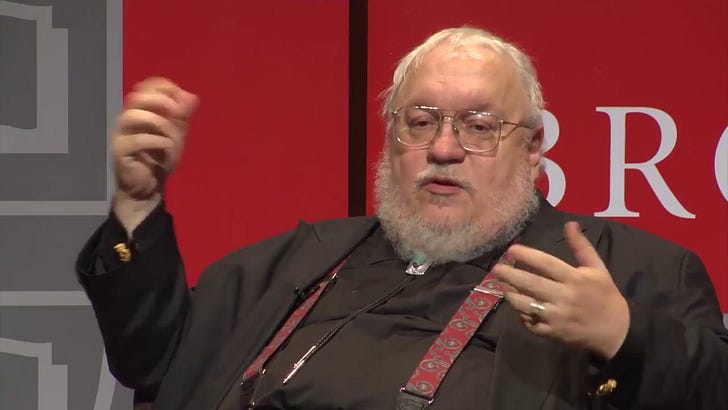Game of Thrones and House of the Dragon: Interesting and Addictive, but Still a Product of Our Era
By Alejandro
It’s December 1135. Henry I of England dies after asking his courts to recognise Matilda, his daughter, as the rightful heir to his kingdom. Yet, instead of Matilda becoming the queen of England, Stephen, his brother, is recognised by the barons as the proper king, triggering one of the several civil wars of England known as The Anarchy.
If you have watched the show House of the Dragon, you might not be surprised that the previous paragraph is almost a restating of the plot. The Game of Thrones franchise is a rehash of history; this is not a coincidence. It is, in essence, an answer to fantastic, hypothetical questions: What if the War of the Roses would have had the threat of zombies? Imagine if the only thing separating them from us was Hadrian’s Wall, but it was taller and made of ice. What if a decaying version of the knights templar guarded the wall, and was incapable of even filling up one of the many fortresses that guards it? Would the Lancasters and the Yorks sort out their hatred upon such a threat?
Let’s make it even more imaginative: what if Genghis Khan had been involved in the history of Medieval Europe? Then let’s add Vikings. What if there was a Venetian-style bank that tried to pull the political strings to keep its investments? Let’s add that in the city where the bank is located, there was an odd group of assassins who chose not to take sides. What if people in Europe still had the secret to making Greek Fire?



